Category: Goodies
Wisdom for Teams #2

“The good listener doesn’t moralise. They know their own minds well enough not to be surprised or frightened by strangeness. They know how insane we all are. That’s why others can feel comfortable being heard by them.”
From the article “Charm” on the website The School of Life
—

The Question That Helped Me Face Uncertainty
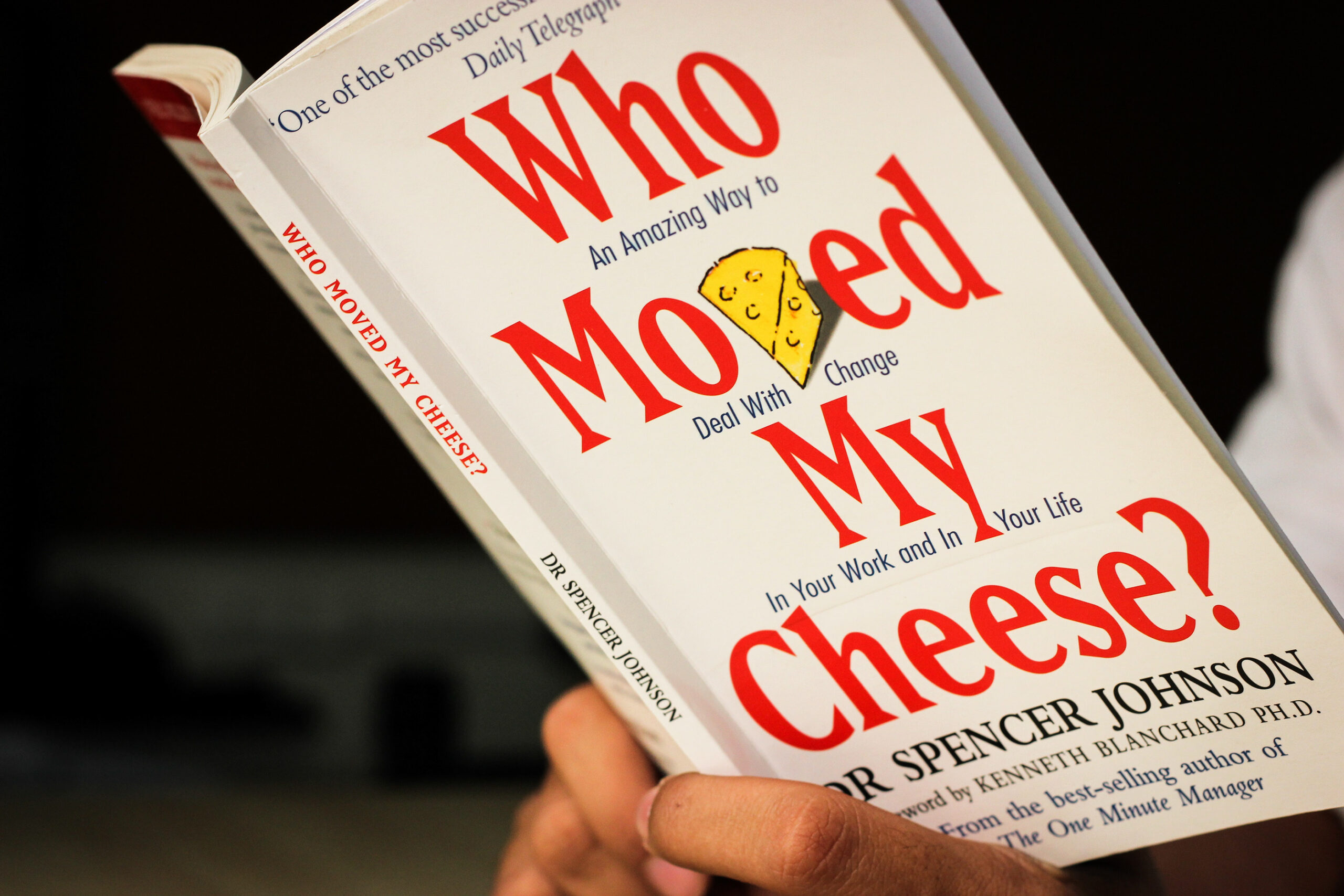

—
Most of my work is done face-to-face. Or at least it used to be. When the pandemic broke out I soon realised that a profound and irreversible change in the events and training industry was going to take place. The urge to freak out was big:
- How long will the confinement last?
- How long until face-to-face events will be allowed?
- How will I transfer my trainings online?
- What equipment do I need?
- How does this sh*t work???!!!
And then it happened. Early on in the lockdown, a friend of mine, Onu Igbokwe, referenced a book: Who Moved My Cheese, by Spencer Johnson. I had read the book years back but decided to listen to the audiobook. Life changing. It’s a must read. If you’ve already read it, and you’re facing uncertainty, then read again.
It’s a short book. A couple of hours is enough. But don’t be fooled by its length. The author says it took about 20 years to write it. Every word counts. What most changed my approach and behaviour was one simple question:
—
What would I do if I were not afraid?
—
The voice in your head might be saying: “But I am not afraid”. So here are other reactions to the uncertainty that comes with change:
- worry, concern, unease
- doubt, self-doubt, confusion, hesitation
- agitation, stress, anxiety, nervousness
- denial, refusal, complaining, intolerance, aversion
Fear has a funny way of disguising itself. If you’re feeling any of these, chances are there’s a degree of fear involved — the fear of failure. So here’s another way of putting the question:
—
What would you do if you could not fail?
—
After listening to the book things got better. I did a full-blown online training with Amazon, and was invited to impart shorter trainings and talks, as well as online coaching sessions. And next week I’ll be facilitating a two-day online “home-site” with King, the creators of Candy Crush.
Luck? Yes. Absolutely. So much luck. I also like to think Seneca is at least somewhat right when he says luck is what happens when preparation meets opportunity.
But even if the book or my behaviour had nothing to do with my work picking up, my experience nonetheless of these uncertain times has consequently been more tranquil. So thank you, Spencer, and thank you, Onu!
Wisdom for Teams #1
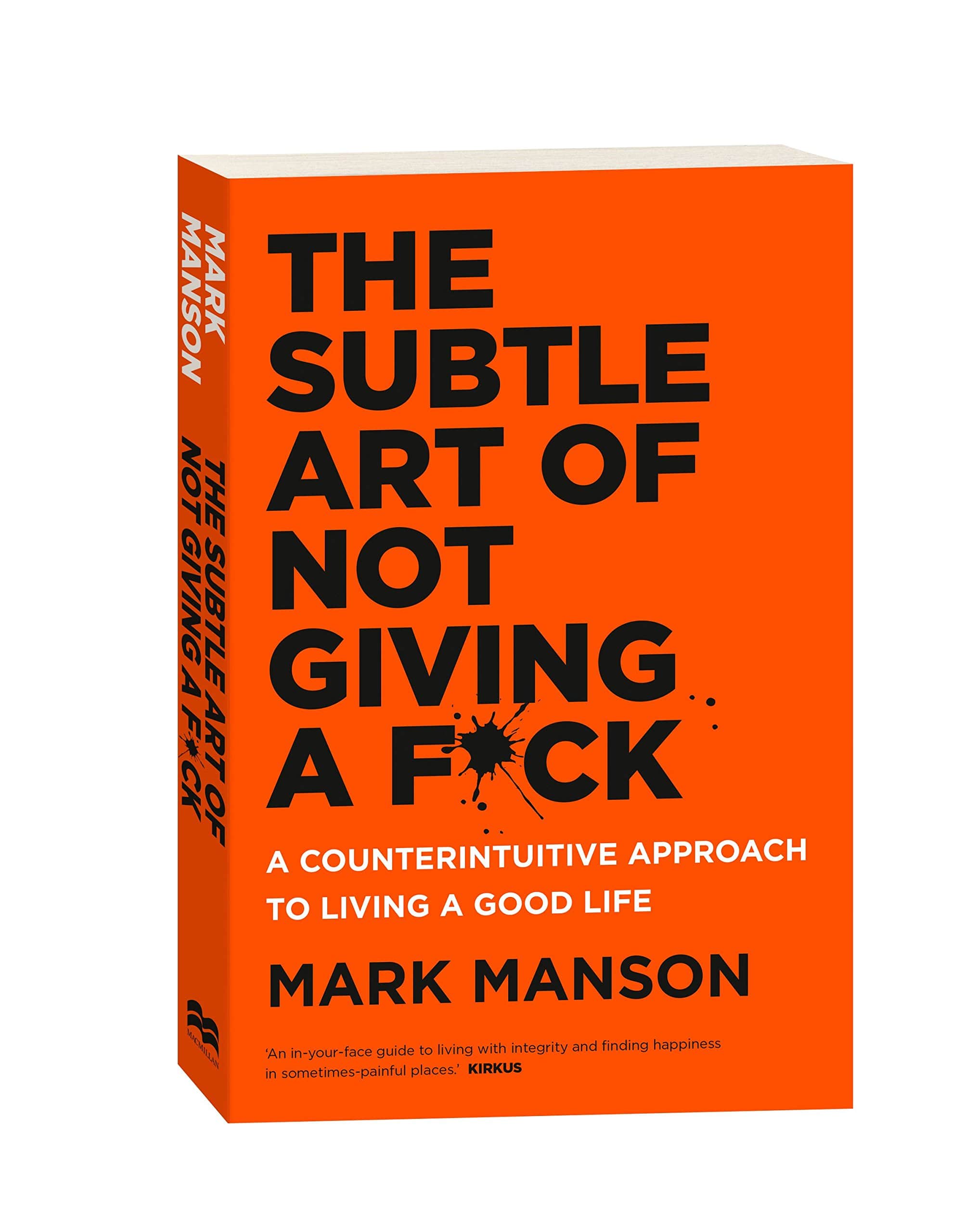
“Certainty is the enemy of growth.”
MARK MANSON
—
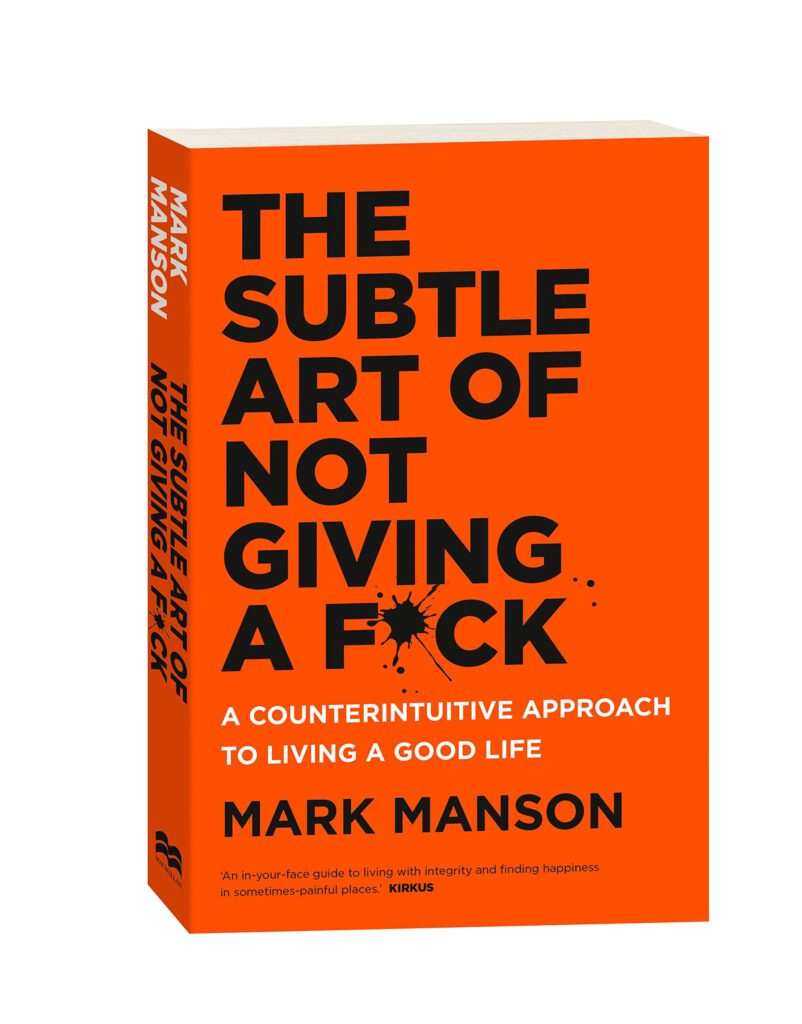
The Golden Rule is Making the World Worse
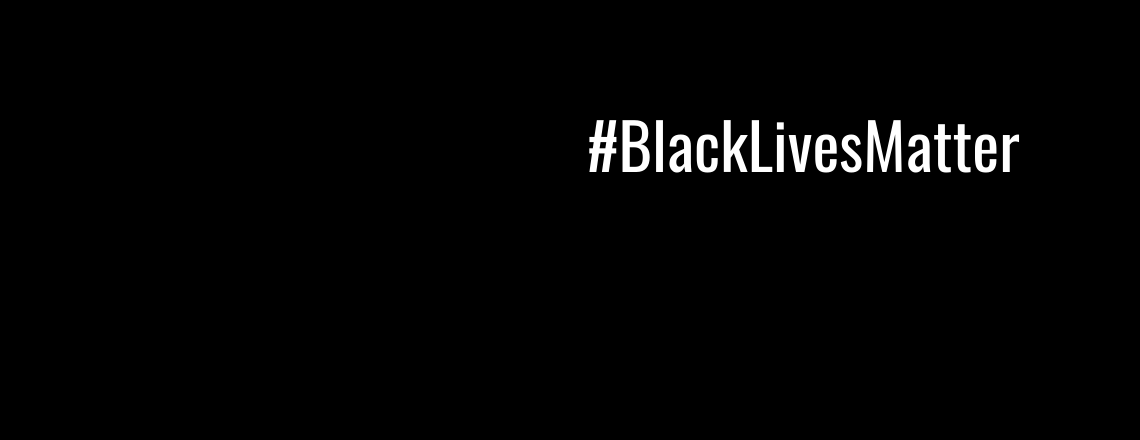
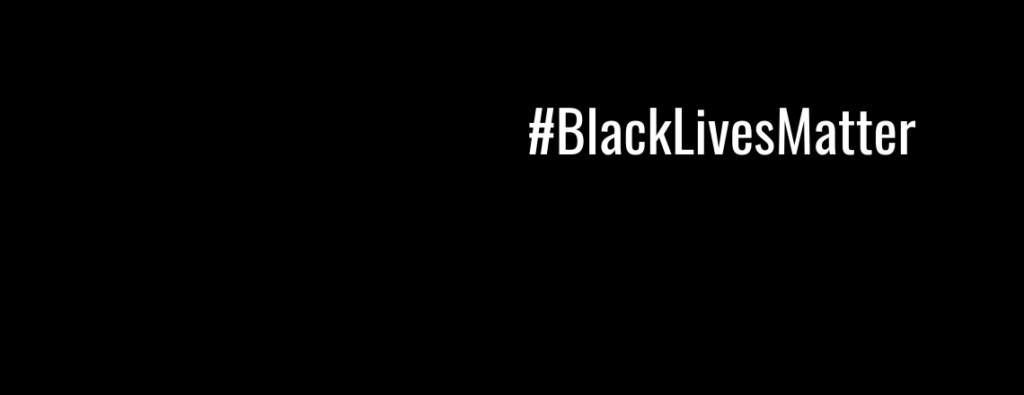
—
The Golden Rule — treat others as you would like others to treat you — is well intentioned in that it asks us to extend fairness and respect to others. But the outcomes are not necessarily good.
—
The problem is that it is based on a fundamentally flawed assumption.
—
The assumption that you want what I want, that fairness and respect mean for you what they mean for me. And this is rarely true. This is particularly relevant given the evils caused by the racism and the violence we’re seeing these days.
It is so easy to fall into the trap of assuming my way is the right way, and then to treat others as I think I should, without taking into account what they want. This is dangerous because it can make them feel disrespected and I might end up resenting the fact that they are being unappreciative of my efforts.
And we don’t have to go halfway across the world to make a difference. This applies to how we treat people at work, at home, on the streets, and in social media. Lest we come across as jerks, we want to be careful NOT to treat others like we would like them to treat us, unless we’re sure that is what they really want.
—
Never assume you know what others want. The alternative is to practice empathy.
—
The golden art of putting ourselves in their shoes to figure out how they would like to be treated. And we will probably be surprised by how much that can differ from what we expected to be appropriate.
If we are going to build a more fair, generous and compassionate world, we’re going to need a better rule. Here’s an iteration:
—
THE GOLDEN RULE 2.0
Treat others as THEY would like to be treated.
—
#BlackLivesMatter
A Poem on Demons and Life


This evening I will be running our Toastmasters Club meeting. Toastmasters is about communication and leadership. Part of my job is to choose a theme for the meeting. My friend Florian Mueck suggested I go with exorcisms (don’t know where he got that idea).
It is also my job to ask everyone with an active role in the meeting a question related to the theme. This was my question: If I were your exorcist, what demon would you like me to get rid of?
Asking myself this same question, I started playing with a few ideas, and ended up writing this rather philosophical poem. It reflects the irony of how we can sometimes work so hard for something and end up with the opposite, and how life has her way of waking us up to see this.
Though nowhere near his, I’m dedicating the poem to fellow philosopher, David Whyte. His poems have recently reignited my appreciation for the reflections poetry prompts. The audio file is a recording of me reading the poem.
—
—
IMPERSONATION
To David Whyte
In a pretension to be another,
as if cursed by gods,
possessed by a demon,
or haunted by ghosts,
I come to believe I truly am who I seek to be,
just like a dream.
But life strikes,
unexpectedly and hard,
the pain of the blow waking me from the dream.
Shedding the elusive skin of my pretension,
I see the true nature of my predicament.
Who decided who I would dream to be?
Who has such power to enslave me to this dream?
Who?
Life strikes,
unexpectedly and hard,
and I see the true nature of who,
I see the gods that cursed me — the gods of perfectionism,
I see the demon that possessed me — the demon of my ideal self,
I see the ghosts that haunted me — the ghosts that think it is never enough.
Life strikes,
unexpectedly and hard,
and I hear its soft whisper,
“You are not the person you dreamt to be.
Stop impersonating the ideal you.”
In my pretension to be the best version of myself,
I impersonated not another,
but an idea,
the idea of who I wanted to be,
and so I came to believe I truly was who I sought to be,
just like a dream.
But I am not the person I dreamt to be,
I am the dreamer.
What demons would you like to get rid of?
Satisfaction at Work These Days?
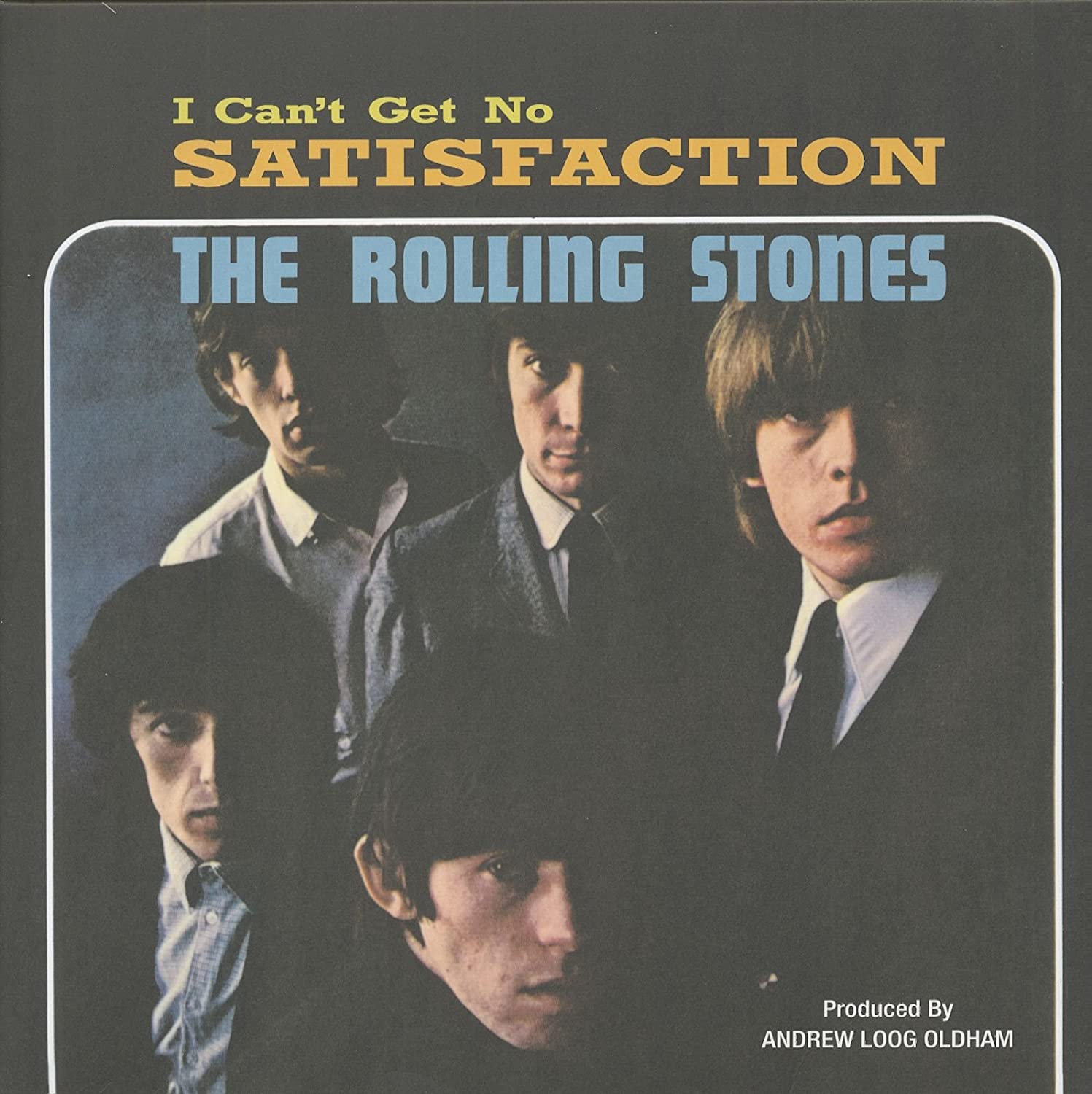
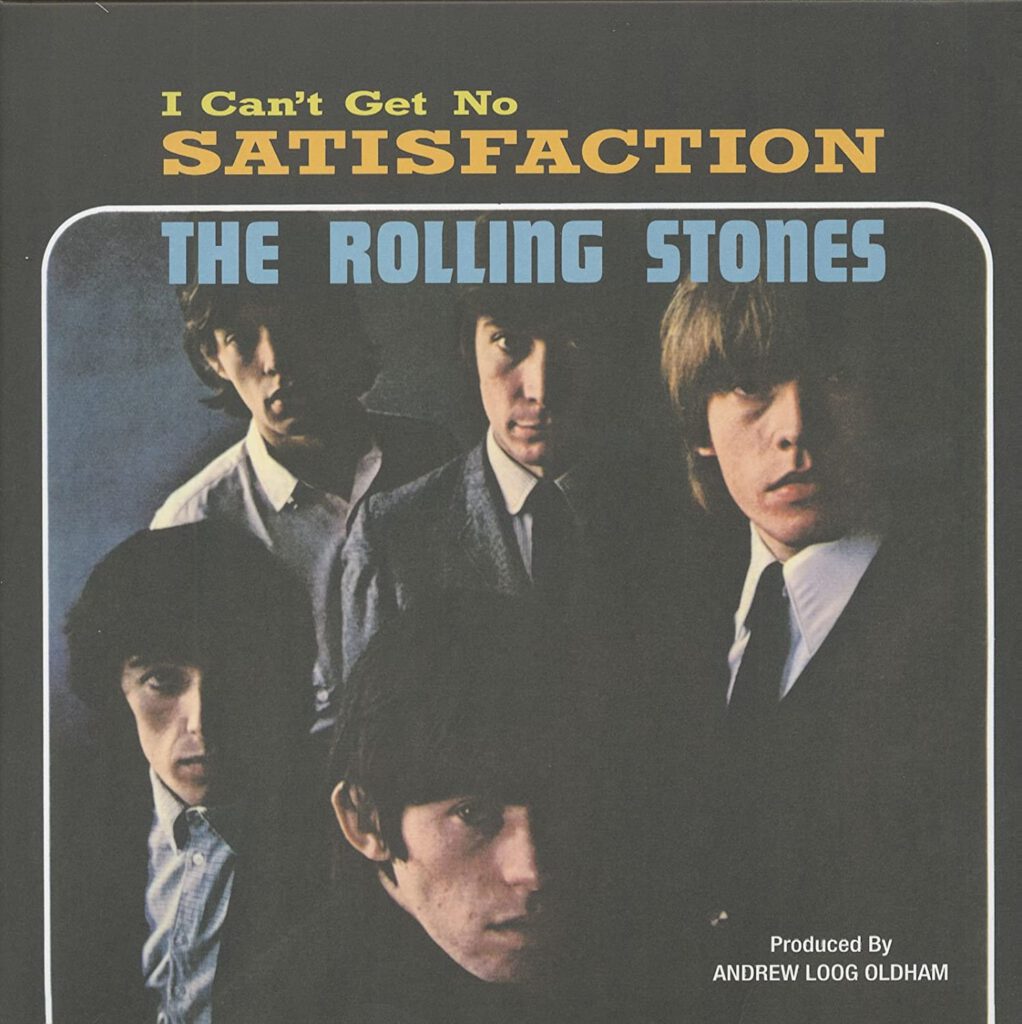
—
How much satisfaction are you getting at “work” these days? For me it’s like a rollercoaster: ups and downs, much more than I’d typically welcome.
Recently I participated in a Zoom Panel on Wellbeing and Happiness in The Workplace, organised by Systemic Coach and Communication Trainer, Jelena Vetockina. Here is the audio of my interventions about things we can do to be well in this time (see the full interview here).
—
What does it mean to be resilient and how can we be better at it?
—
On the concept of being “emotionally fit”:
—
What do leaders want to be doing in this time of uncertainty?
—
Hands-on techniques to deal with conflict:
—
What is your Team Diagnostic about?
—
Hope this has been helpful and I’m open to continue the conversation with you about what your team is going through or what your are experiencing at work in this time.
You can reach me at t@tobiasrodrigues.com
Coping with Coronavirus: The Second Chance

In uncertain times, everything can seem to happen fast and at the same time.
How can we deal with the sense of missing out on opportunities?
—
Fire Up The Badass You With These Three Questions


—
Resilience is the ability to bounce back from setbacks. How resilient are you? False modesty aside, I must concede I am tougher than I usually give myself credit for. Here are three questions to help center our focus and boost our resilience in tough times.
—
1. Past: What misfortunes have I overcome?
—
Misfortunes are a normal part of life. Shit happens. Life has knocked us down so many times, and yet, we are still here, we are still in the game. This question helps awaken our ability to get up and fight back.
We are today what we overcame yesterday.
2. Present: How could this be worse?
—
In bad times, it’s easy to notice the things we were taking for granted that are no longer here. “How could this be worse?” turns our focus to what we might be taking for granted right NOW!
This sort of negative visualization helps develop a sense of gratitude and tranquility amidst difficulties. This is powerful because gratitude and tranquility cannot coexist with fear, frustration, anxiety or anger.
There is no fulfillment where there is no gratitude.
3. Future: What can I learn from this?
—
Every trial is temporary, which begs the question: How will we emerge from it? How do we want to emerge from it? Most of life’s important lessons come from tough times. If we choose to, painful situations can teach us.
What does this situation show about you, other people, and the world that was unseen to you before? How can you use this to grow and improve?
Pain put to good use leads to wisdom.
So how resilient are you? If I had to guess, you are tougher than you usually give yourself credit for. You are a badass. Be a badass.
Be. A message for leaders in confinement.
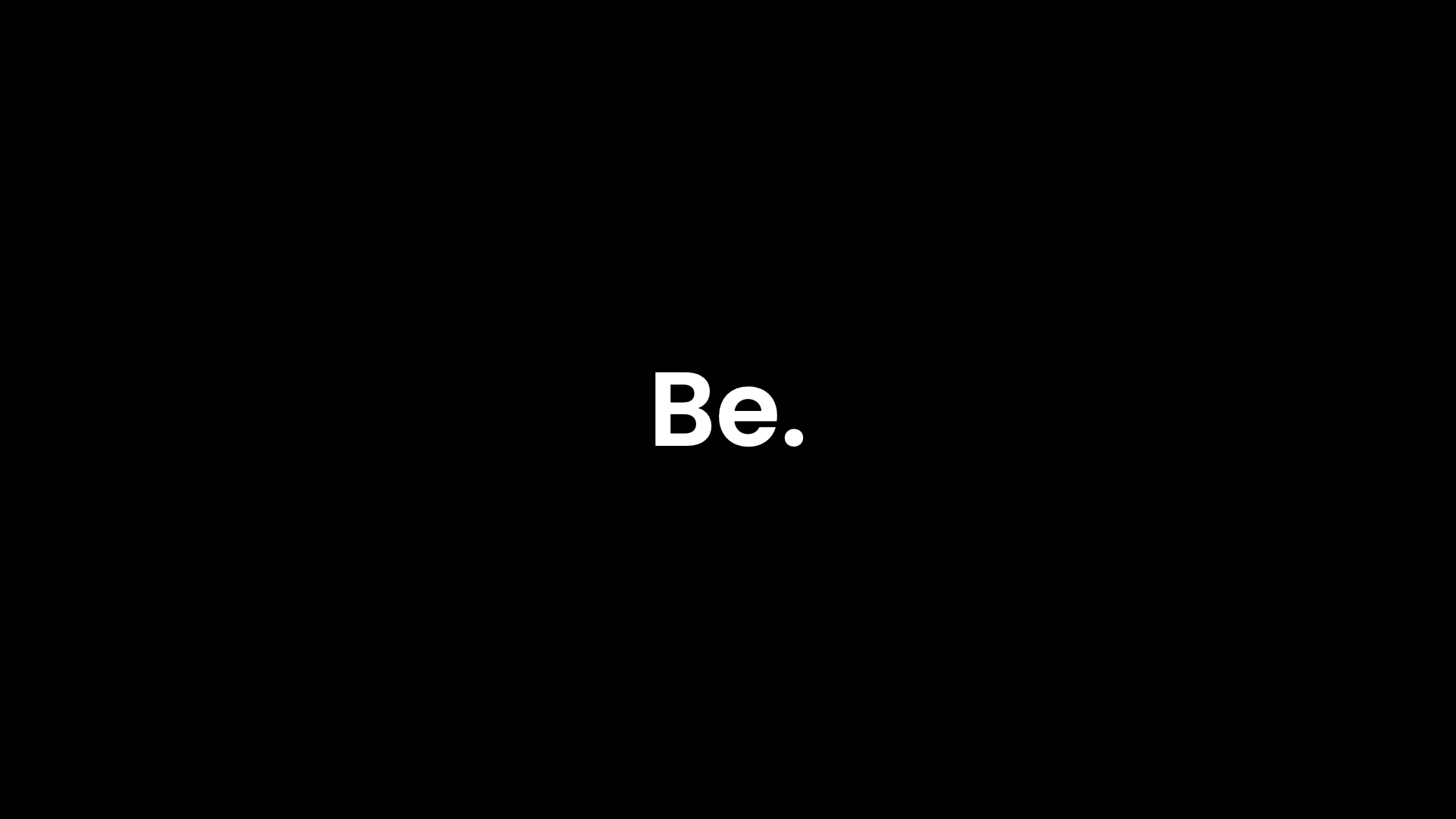
13 public speakers, members of keynoteboutique.com, join rhetorical forces to bring you a comforting message in these challenging times.
—–
—
Music by Alexander Nakarada | https://www.serpentsoundstudios.com
Coping with Coronavirus: The Last Time

Have you heard of a technique that helps with tedious tasks and stressful situations?
One that can be practised at any time, in any place, and by anyone, including children?
—

